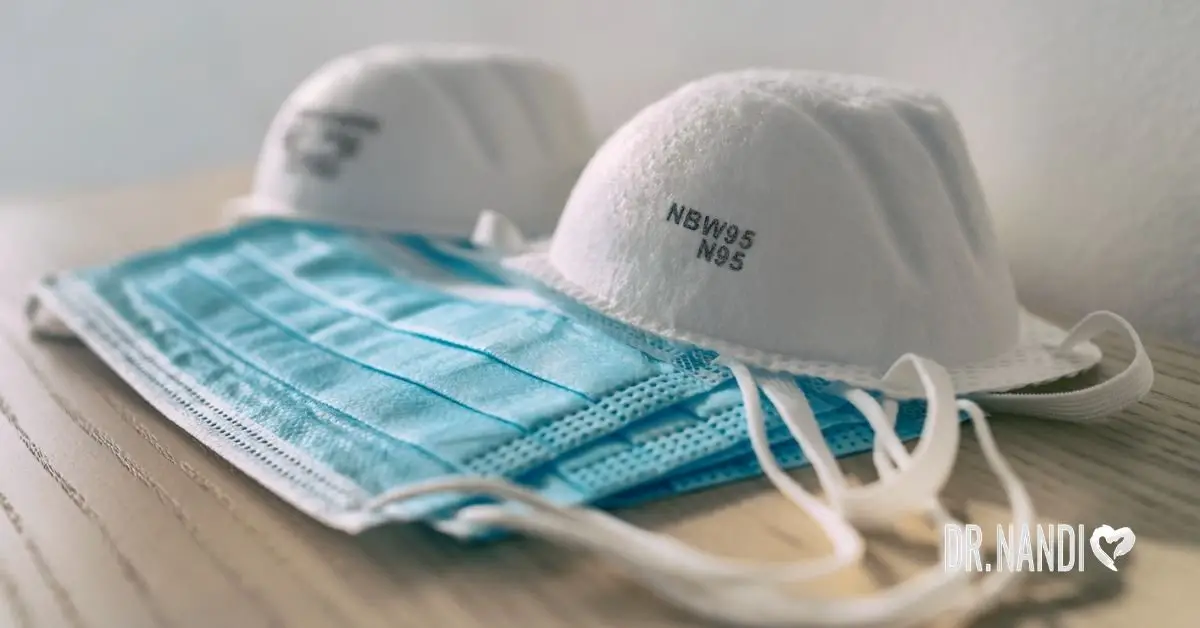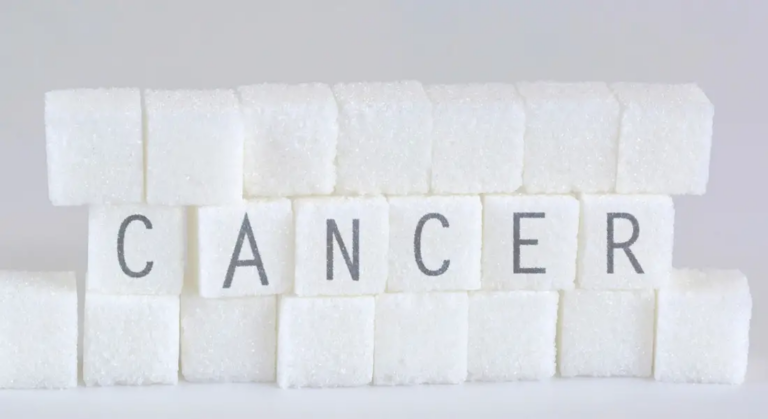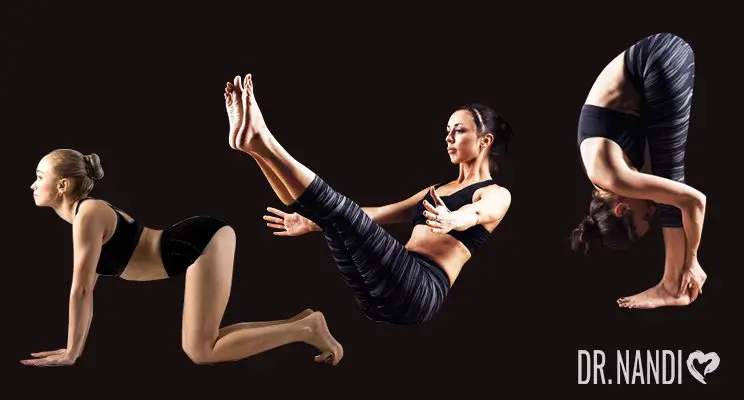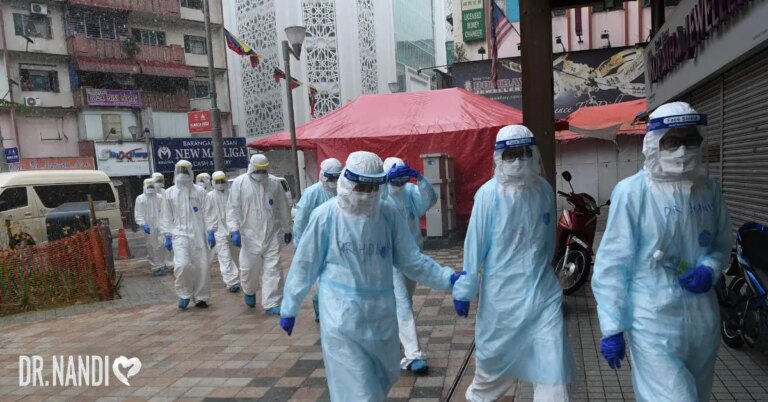Currently, the CDC does not recommend that healthy individuals wear masks while in public. But these official guidelines could be changing to reduce the spread of the coronavirus. In other countries, especially Asian countries, wearing a mask is extremely common during respiratory outbreaks. Both Taiwan and Hong Kong were able to greatly control their COVID-19 numbers because they were quick to act in terms of mask-wearing and social distancing. A few countries – Austria, Slovakia, and the Czech Republic – have even made mask-wearing compulsory. But, this is not likely the reason the CDC is closely examining its guidelines. The reason is that masks may help with the asymptomatic transmission. Evidence is growing showing that folks who are infected with the coronavirus but do not show any symptoms are transmitting the virus at a high rate.
Research – Masks and the Coronavirus
A 2013 study found that wearing surgical masks could help reduce the spread of the flu virus. Researchers saw a threefold reduction in the amount of virus sprayed into the air when masks were worn. However, a different study found that medical students wearing masks touched their faces an average of 23 times. As a doctor, that number is very concerning to me. Avoiding touching your face and washing your hands is a primary way to protect yourself from catching coronavirus. So, if you pick up the virus on your hands, you could easily spread it to your face by adjusting your mask. It’s possible to then transmit the virus through the eyes by rubbing them with your fingers. Whereas if you’re not wearing a mask, you know not to touch your face and may be able to wash your hands before transferring the virus.
Mask Wearing – Yes or No?
There are pros and cons to both. But, please leave the surgical and N95 masks for medical staff. You may have heard that we are in short supply of personal protective equipment (PPE). We need our healthcare workers on the front lines to have this important safety equipment so they can continue doing their jobs while minimizing personal risk.
In my opinion, it is ok for people to wear face coverings such as wraps, bandannas, and scarves. Now, these will not protect you from getting the virus because virus particles can penetrate these masks. But, they can help prevent you from spreading the virus by catching droplets that can fly out of your mouth. So, wearing a mask can help protect others around you. Again, you could have the virus and be asymptomatic. And, it’s still extremely important to stay home if you’re sick. Self-isolate from family members and other people you may live with. If you are going to wear a makeshift mask, practice wearing it before you leave the house. This will reduce the number of times you’re urged to adjust it while in public. Make sure it fits properly and stays in place.



















